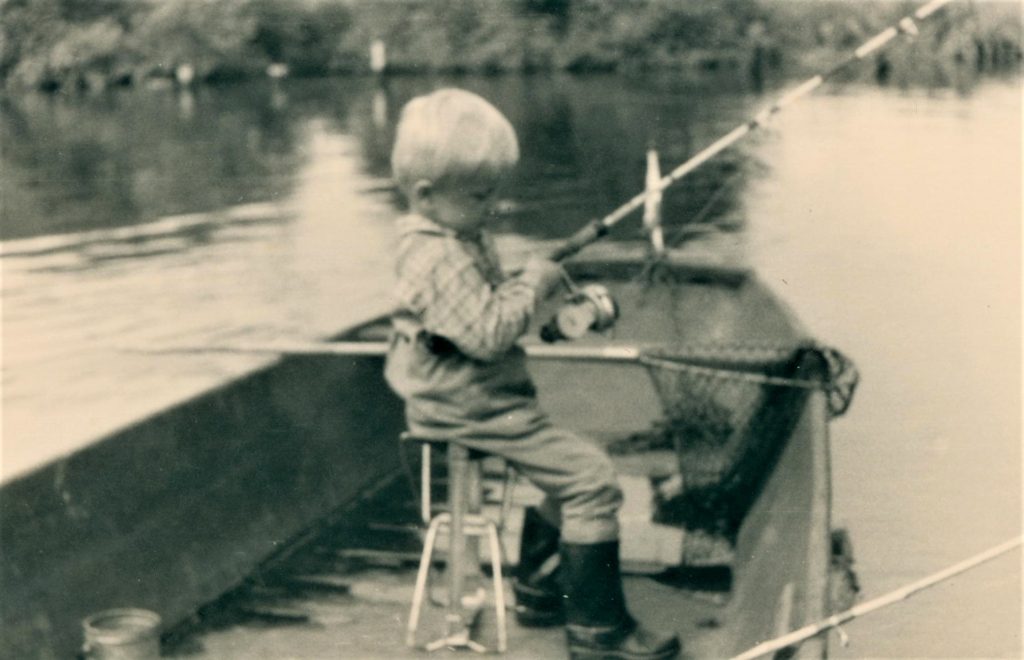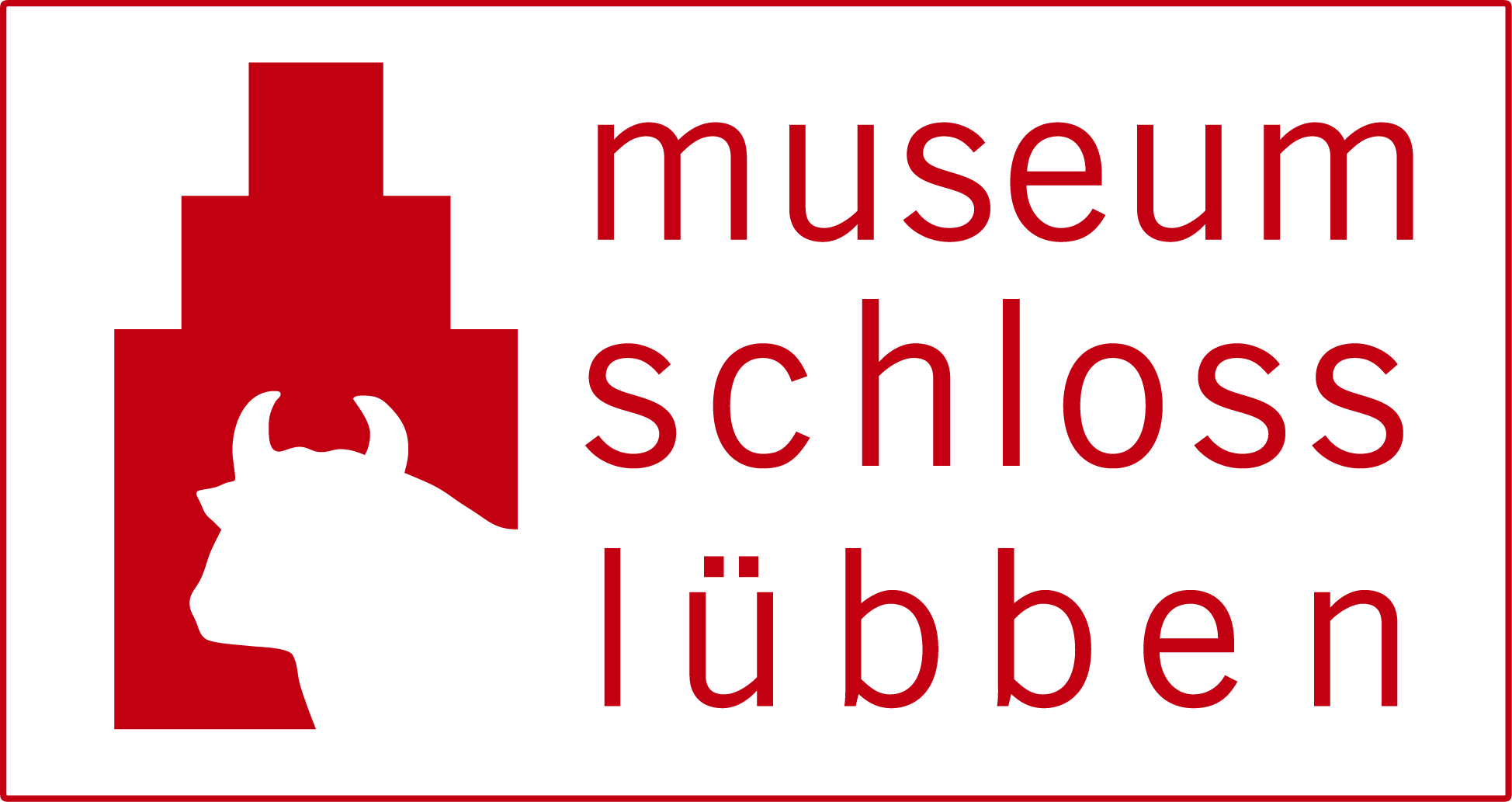Growing up in Lübben means a childhood at the River Spree, between brooks and canals. In summer, the River Spree is used as an outdoor swimming pool, in winter for skating or sledging. Children have their own bathing places in the River Spree already in the 19th century, they can go swimming in the refreshing water near the bridge at the Berliner Tor. Schoolchildren are assigned a different place.
For a long time, the children of the city spend their time between work and school. They have to work in agriculture at a young age, often at the expense of going to school. In the 1880s children also work in the Lübben jersey factory. 12- to 14-year-olds work up to six hours, older ones nine hours a day. The wages are low, but for many families they are essential for living. It is not until the following decades that childhood is seen as a period of life that needs special protection.
Even with this protection, a childhood in Lübben does not mean worry-free, long summers, but also growing up under National Socialism and in wartime. Youth organisations shape the children while their fathers fight at the front and their mothers have to cope with the everyday life of war. Children of Lübben also grow up in the ruins of the post-war years. They are strictly required to wear the blue shirt of the youth organisation FDJ. Children and young people growing up at the time of the Change report about new liberties and opportunities, which are often accompanied by worries of their parents.

